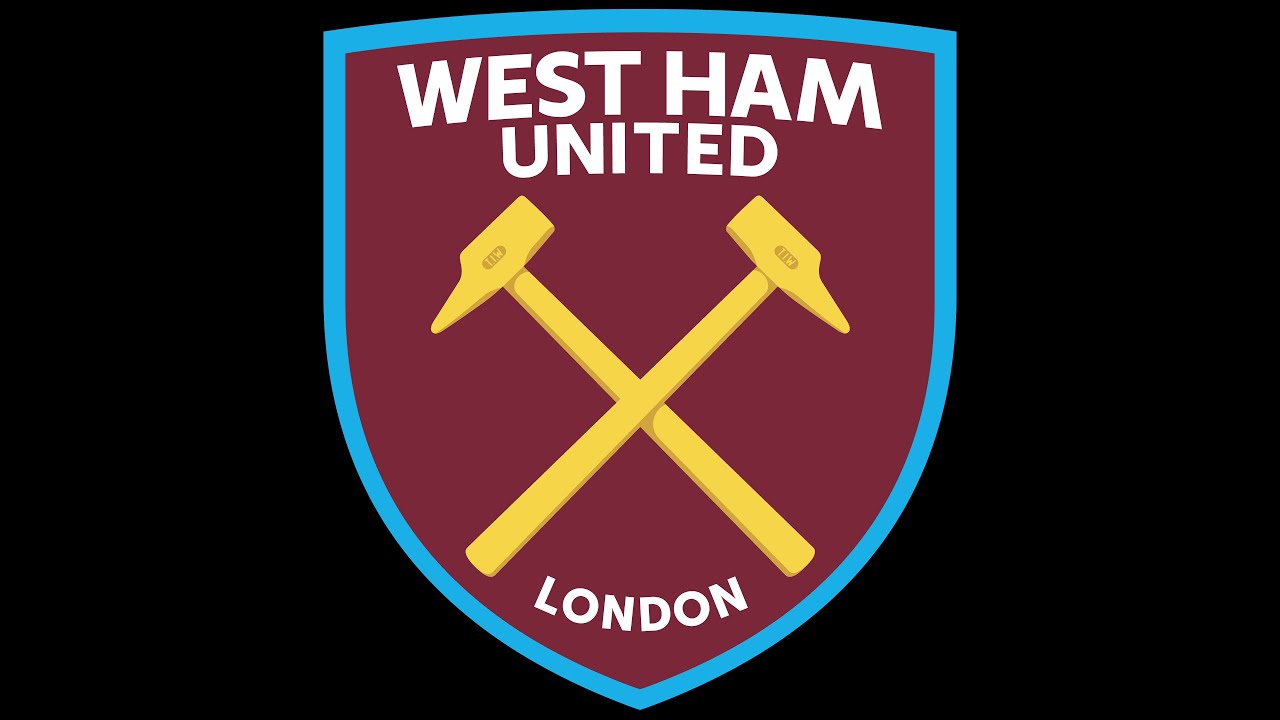The Premier League, a crucible where reputations are forged and shattered with equal ferocity, has wasted no time in delivering its first major shock of the season. At the mere two-game mark, West Ham United found themselves not just defeated, but utterly dismantled in a 5-1 home loss to Chelsea. This wasn`t merely a poor result; it was a performance so devoid of spirit and tactical cohesion that it has ignited an immediate, blazing crisis, casting a long, ominous shadow over the London Stadium and placing manager Graham Potter squarely in the unforgiving spotlight.
The Humiliation Unfolds
Optimism, a fleeting commodity in football, had barely settled over East London before it was brutally extinguished. Fans, having endured an opening day defeat, arrived at their home ground hoping for a fresh start, a display of defiance. What they witnessed instead was an alarming capitulation. Despite Lucas Paqueta`s thunderous sixth-minute strike, which momentarily offered a glimmer of hope, West Ham’s early lead proved to be less of a foundation and more of a mere suggestion. Chelsea, seemingly unshaken even by an injury to Cole Palmer in the warm-up, proceeded to dictate terms with a disconcerting ease that exposed every fissure in West Ham`s setup.
The subsequent goals for Chelsea weren`t just scored; they were practically conceded through a porous defense that resembled a collection of strangers rather than a cohesive unit. Whether in a back five or four, West Ham`s rearguard offered an abundance of space, inviting Chelsea`s attackers into areas they should have fiercely protected. The sight of Moises Caicedo and Enzo Fernandez exchanging ten unchallenged passes in central midfield, just yards apart, felt less like a football match and more like an open training session for the visitors. This passive, stand-off approach extended alarmingly into the most dangerous areas of the pitch, a fundamental tactical failing that screams of disorganization and a critical lack of aggression.
Potter`s Perilous Position
For Graham Potter, a manager who had presumably plotted his return to the Premier League`s intensity with a cautious eye after his tumultuous spell at Chelsea, this debut home performance must have been a chilling reminder of the unforgiving nature of top-flight management. The failings on display — the absence of fighting spirit, the structural weaknesses in defense, and the bewildering passivity from set pieces — are precisely the elements a manager is expected to address. Set pieces, once a West Ham strength, became an open invitation for Chelsea, with Marc Cucurella, Joao Pedro, Moises Caicedo, and Trevoh Chalobah all capitalising with disconcerting regularity. It suggests a deeper malaise than mere individual errors; it points to a collective failure of instruction and execution that falls squarely at the manager’s feet.
The club`s hierarchy and ownership have their own share of scrutiny to face, particularly regarding the perceived frittering away of the substantial funds received from the sale of Declan Rice. Questions about player recruitment, the failure to adequately replace creative forces like Mohamed Kudus, and the ongoing struggles to solidify the number nine position persist. However, on the pitch, the buck stops with the manager. As the Chelsea fans gleefully chanted, “You`re going down,” there was a disquieting sense that the prophecy felt more plausible than belligerent.
The Echoes of Concern in the Stands
The despair was palpable among the supporters. Long before the final whistle, sections of the crowd were heading for the exits, their early-season optimism evaporated into thin air. The frustration boiled over for some, leading to clashes with stewards, a worrying sign of deeper discontent brewing beneath the surface. This is a fanbase that has witnessed its team blend “iron will with flair” on its journey to European silverware not so long ago. To see that spirit replaced by what felt like an “embarrassing capitulation” within the first two games of the season is a bitter pill to swallow.
The warning signs, as the original article shrewdly noted, were present last season, where West Ham`s non-penalty expected goal difference suggested they were fortunate to avoid a deeper struggle. The lack of creativity, the reliance on isolated moments, and the susceptibility to collapse after taking a lead (a trait once bemoaned by Niclas Fullkrug) have now manifested into a full-blown crisis.
As the dust settles on this ignominious defeat, West Ham United finds itself at a precarious crossroads. The path forward is fraught with challenges. Graham Potter must swiftly find answers to fundamental questions about his team`s defensive structure, their aggression, and their collective mentality. For a club that knows the heartbreak of slipping out of the Premier League after believing themselves “too good to go down,” the early alarm bells ringing across the London Stadium are not just loud; they are deafening, demanding immediate and decisive action to steer the ship away from the dangerous depths that threaten to engulf their season. The beautiful game, in its peculiar cruelty, rarely offers an extended grace period, and West Ham`s early season has already, remarkably, veered into critical territory.

